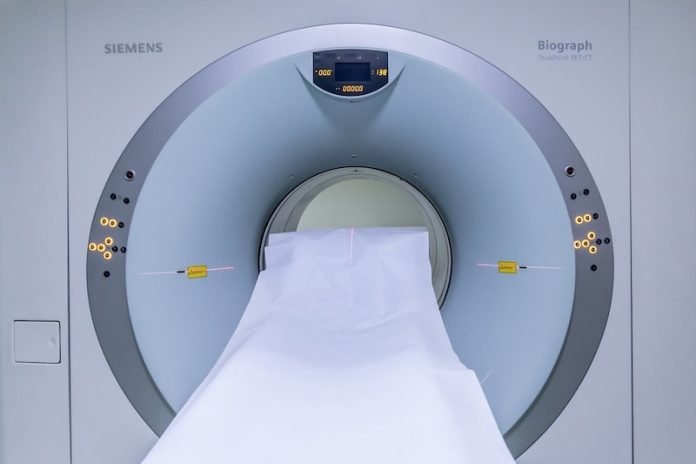
In a new study, researchers found An advanced Magnetic Resonance Imaging (MRI) brain scan could help predict problems with thinking, memory and even dementia in people with stroke-related, small vessel disease.
The research was conducted by a team from the University of London.
When a stroke or other disease damages tiny blood vessels in the brain, the condition is known as small vessel disease.
This condition is the most common cause of thinking problems (planning, organizing information and processing speed) and can even lead to dementia.
Although the early treatment could help patients at risk, no effective test is available to identify them.
In the study, the team evaluated the accuracy of a new MRI analysis technique using diffusion tensor imaging (DTI), in predicting thinking problems and dementia related to small vessel disease.
A single scan measured the brain in fine detail to reveal damaged areas.
The team tested 99 patients with small vessel disease caused by ischemic stroke, a type of stroke that blocks the blood vessels deep within the brain.
By comparing these images to a healthy person’s, the researchers were able to classify the brain into areas of healthy versus damaged tissue.
They found that participants with the most brain damage were much more likely to develop thinking problems.
The analysis also helped predict the three-fourths of the dementia cases that occurred during the study.
The team says they have developed a useful tool for monitoring patients at risk of developing dementia and could target those who need early treatment.
This advanced MRI analysis offers a highly accurate and sensitive marker of small vessel disease severity in a single measure that can be used to detect who will and will not go on the develop dementia in a five-year period.
The study is published in Stroke.
Copyright © 2019 Knowridge Science Report. All rights reserved.



